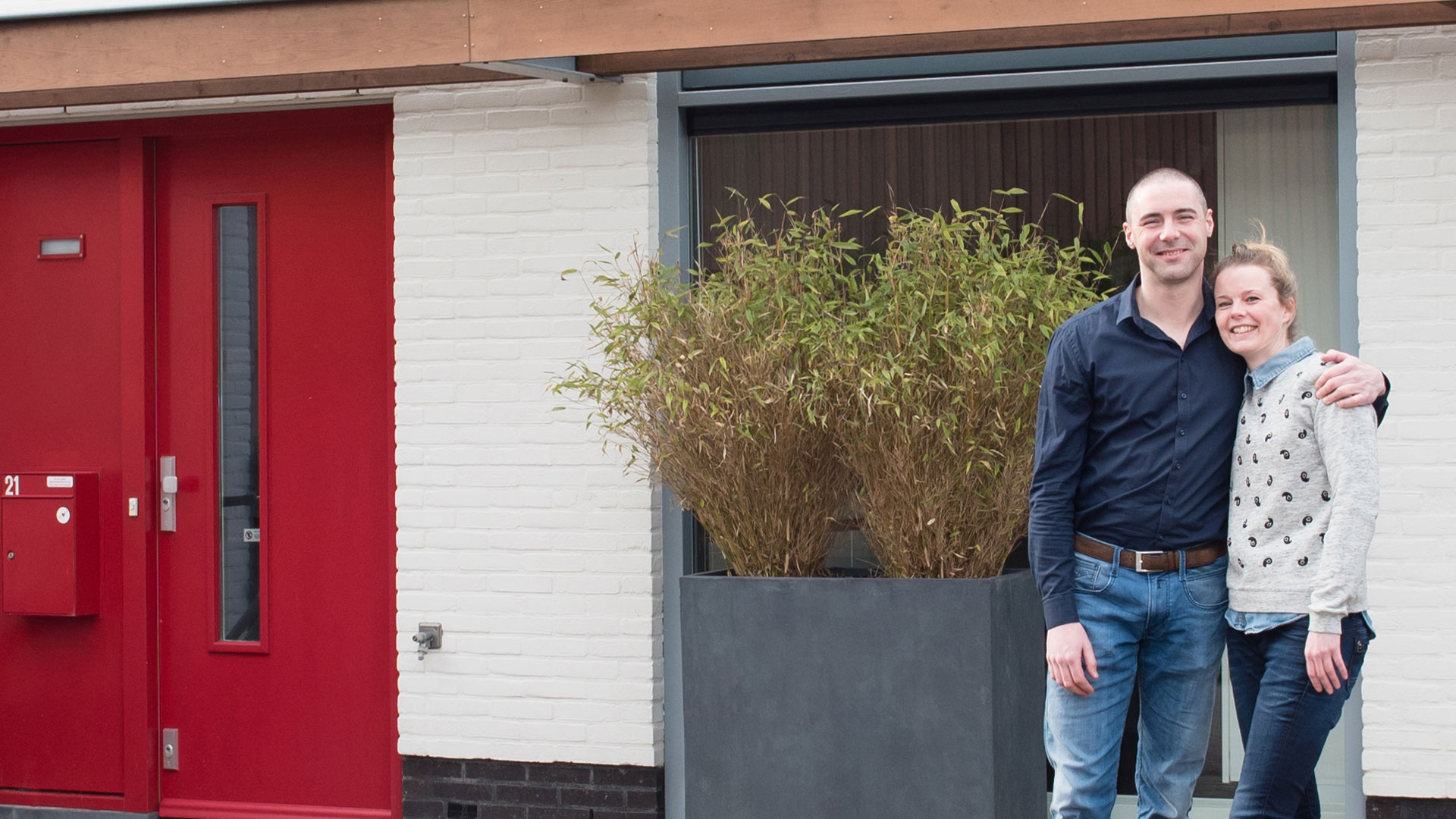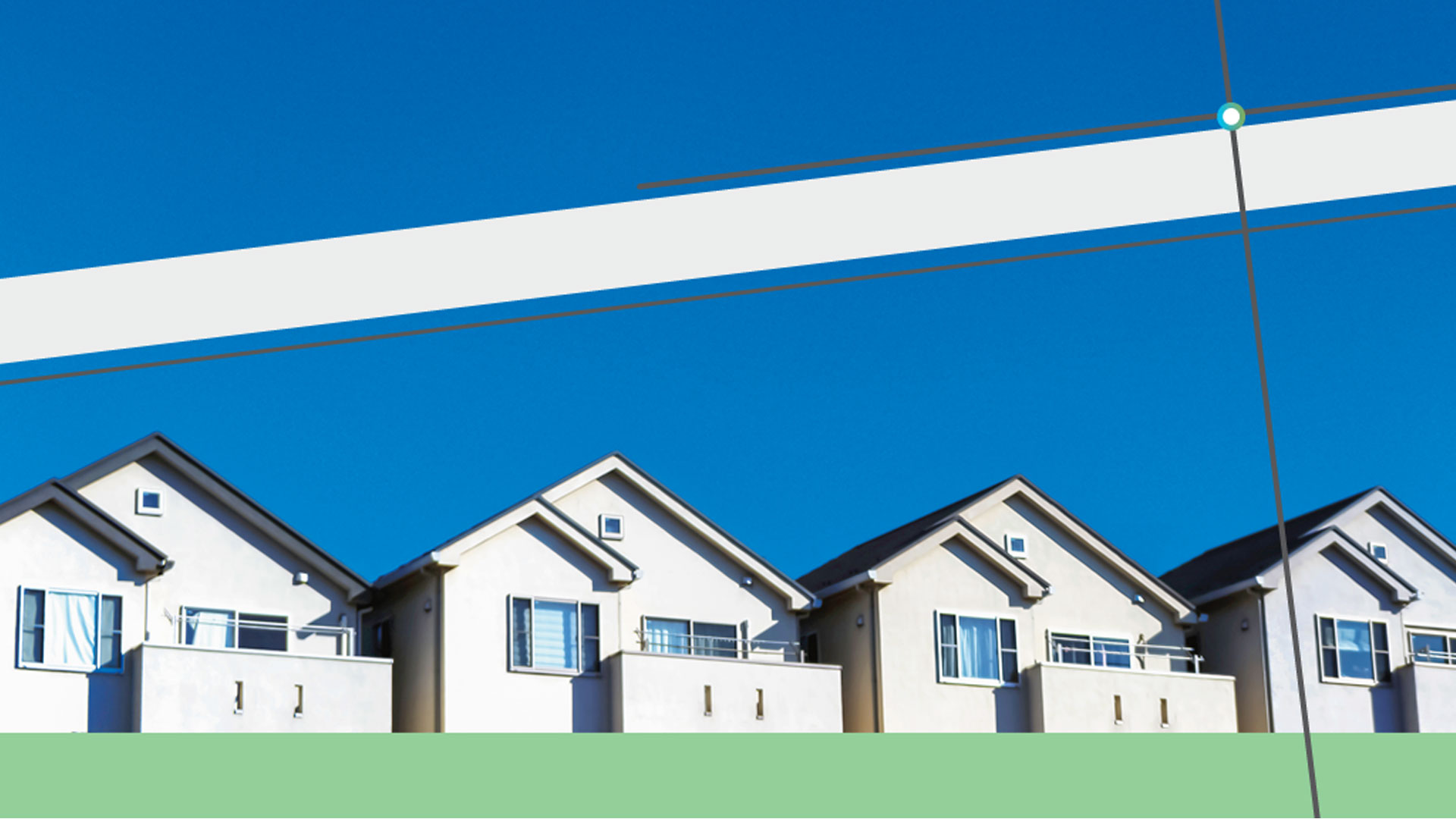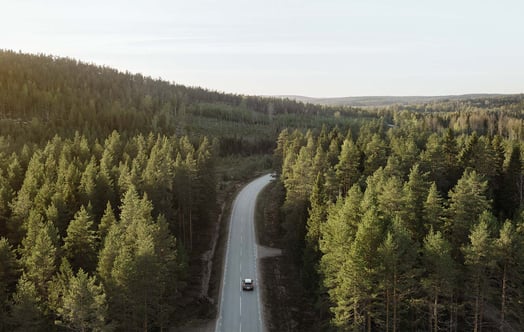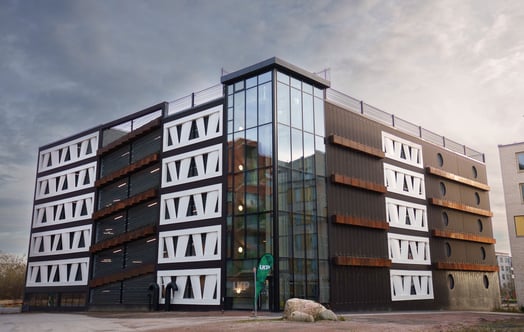Power from your neighbours
From now on, sharing energy will be as easy as booking a room through the Airbnb website or ordering transportation via the Uber network. The energy marketplace Powerpeers in the Netherlands enables you to choose who you wish to share your self-generated energy with and/or who you wish to purchase self-generated energy from. It might be from your neighbour or the roof of your local sports club.

Photo: Suzanne Paap
A marketplace and community where you decide who you receive your energy from and who to supply with your self-generated energy. This concept fits seamlessly into the “sharing economy” trend, a key feature of which is making our possessions available and sharing them with people we know and those we do not, through decentralised networks and marketplaces. Think of networks such as Peerby, through which people lend each other various items of equipment, Airbnb, where people rent or let accommodation, and the transportation company Uber.
According to the independent knowledge and networking platform ShareNL, the “sharing economy” will evolve into a genuine “sharing society” over the next few years. This will be a society where major conventional businesses increasingly make way for on-demand systems and peer-to-peer marketplaces, with or without the intervention of an intermediary. Take Marktplaats.nl for example, which is probably one of the best-known online platforms in the Netherlands at the moment. It is ideal for buying or selling (used) items and puts the seller in direct contact with the buyer and vice versa.
“Sharing is the new owning”
A sharing economy makes it easy for people to share products and services, and according to trend-watcher and futurist Tony Bosma, “sharing is the new owning.” While the previous century was dominated by hyper-consumption, in which ownership was synonymous with prosperity, today borrowing, swapping and sharing are the signs of new consumerism, or “collaborative consumption.”
According to Bosma, consumers are increasingly keen to get in contact with one another, with a view to achieving shared objectives. This is a trend that people can feel good about.
Lars Falch from Customers & Solutions Business Development at Vattenfall was one of the driving forces behind the energy sharing initiative Powerpeers and agrees with this sentiment. “The internet allows us to share anything, from knowledge and experiences to a whole range of products and services. We find it helpful, more efficient and fun to share – as long as the product is available. The same applies to energy,” he says.
“Why shouldn’t we share the energy we generate from our own solar panels with others? This is a great solution for people who are keen to live in a sustainable way but are not able to do so. They might, for example, not be permitted to install solar panels on their roof because it is a rented property or because they live in the city centre. By sharing, we are making sustainable energy available to everyone and speeding up the transition to renewable energy in the process. The condition, however, is that people must be able to decide for themselves what happens to their energy. They have to be in control of the power that they generate. Through the opportunities offered by the internet, our team at Vattenfall was convinced that we could achieve this. This was the start of Powerpeers.”

Your own community
Powerpeers is the first digital, interactive marketplace where supply and demand for self-generated energy converge. As a user, you can supply the energy you have generated to others and choose whose energy you wish to receive. As well as receiving self-generated electricity from people you know, you can also opt to be supplied with electricity from one or more Dutch suppliers of wind, solar and hydropower. For example, you can choose solar power from your parents, wind power from your local farmer and power generated from the solar panels on the roof of your neighbour. This enables you to create your own personal “community.” You can then check online exactly how much energy your selected sources are supplying, what it is you are purchasing from them and when it is available.
“Every kilowatt hour traded is ‘labelled.’ In other words, the energy you use can always be traced. That means that you can check online whether the energy that you have been supplied has been generated by your neighbour or by your ‘own’ turbine,” Falch says. “Any time ‘your’ turbine is at a standstill, the system will inform you that another generator you have selected has taken over. And if that generator is not able to supply electricity either, Powerpeers will automatically provide a green power backup – solar, wind or hydropower – from a source in the Netherlands.”
A new company
Powerpeers is a new, independent energy start-up company in the Netherlands.
It is a new brand which is being launched by Vattenfall in conjunction with Nuon and Feenstra. “Our aim is to make energy more personal, more transparent and more sustainable, because we realise that there is a demand for this. Powerpeers is a new type of energy company which is in line with the trend for green living and today’s ‘connected’ society. The energy market is in a state of transition. I believe that Powerpeers is a good indication of where we are heading in the future. Whether our first product is exactly what users are looking for remains to be seen – and soon,” Falch explains.
“We have been developing this product in response to advances in the market for the past three-quarters of a year. As Powerpeers is a start-up, it is extremely flexible. We can evolve on an ongoing basis together with our customers. And this is also what makes Powerpeers so interesting to Vattenfall; we are able to change continuously and develop it accordingly. If we are successful, we could share our platform with other players in the market, both in the Netherlands and beyond.”
“On sunny days we were generating too much electricity for our needs”
Lori Heering has been part of the pilot group of Powerpeers for a couple of months now. Pilotpeers is a group of “friendly users”, which is trialling Powerpeers as its first customers. “Last summer we decided to install solar panels on our roof. We have a flat roof with plenty of space in a good location, which is ideal for solar panels. Our decision was prompted by a community initiative. It is a fantastic investment with a guaranteed return of 18%. It wasn’t long before we realised that on sunny days, we were generating too much electricity for our needs. Therefore, we jumped at the chance to take part in the pilot group. It is a great feeling to be able to share the surplus electricity that we generate, especially when we do so with friends and family. If there is not enough sun or no sun at all, I receive my power from two wind power companies nearby.”
Powerpeers
Powerpeers is based on the many-to-many model. Multiple sources of energy can supply power to multiple consumers and vice versa.
Powerpeers therefore brings the interaction of the internet to the energy market. Current conventional energy suppliers, by contrast, use the one-to-many model.
Powerpeers will also grant third parties access to the platform to enable them to offer their products and services.
Powerpeers is a scalable platform and users will pay a monthly fee. In the future, therefore, user licences may be issued to other players in the market.



